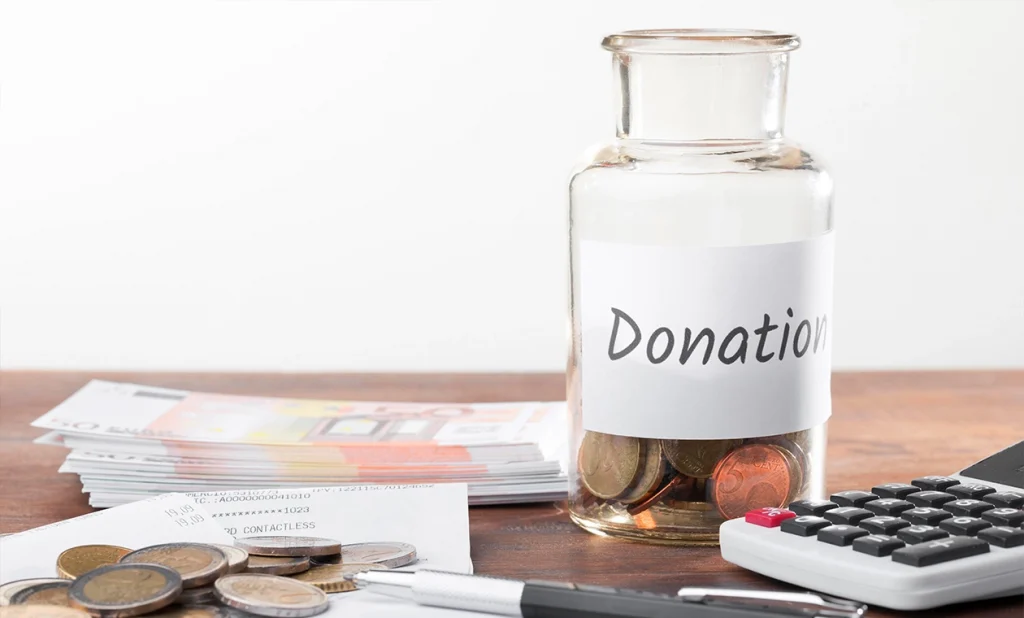HM Revenue & Customs (HMRC) offers several tax relief options for individuals who make charitable donations. These reliefs can be claimed when completing a Self Assessment tax return, helping donors to reduce their overall tax liability while supporting good causes.
Gift Aid
Donations made under the Gift Aid scheme allow charities to reclaim basic rate tax (currently 20%) on the donation, effectively increasing its value by 25%. If you are a higher-rate (40%) or additional-rate (45%) taxpayer, you may claim further tax relief on the difference between your rate and the basic rate, either through your Self Assessment tax return or by requesting an adjustment to your tax code.
Payroll Giving
Employees can donate directly from their wages through Payroll Giving schemes, which deduct donations before Income Tax is applied. This results in immediate tax relief at the individual’s marginal rate. Unlike Gift Aid, however, National Insurance contributions are still deducted from the gross salary.
Donations of Land, Property, or Shares
Gifting qualifying assets such as land, property, or shares to charity may entitle the donor to Income Tax relief on the value of the gift, and exemption from Capital Gains Tax on any gain. To benefit, these donations must be properly documented and the charity must be recognised by HMRC.
Record Keeping
To successfully claim relief, it is important to retain thorough records of all charitable donations, including receipts, dates, amounts, and the charity’s details. For non-cash donations, legal documentation of the asset transfer is also required. HMRC recommends keeping these records for at least 22 months following the end of the tax year in question.
What Does This Mean for Clients?
For clients who regularly support charities, understanding these reliefs can provide an opportunity to reduce their tax liability in a legitimate and structured way. Higher and additional-rate taxpayers in particular stand to benefit most, especially when Gift Aid is correctly claimed. Discussing donation strategies during tax planning meetings can help ensure all available reliefs are claimed, and may influence decisions about how and when to donate.
Where substantial non-cash gifts are being considered, clients should seek advice in advance to ensure all requirements are met and reliefs are maximised.
Important Notice
This blog post is for general information purposes only and does not constitute legal, tax, or financial advice. Specific advice should be obtained before taking or refraining from any action based on this content. Always consult a qualified professional such as Amanah Accountants regarding your individual circumstances.


